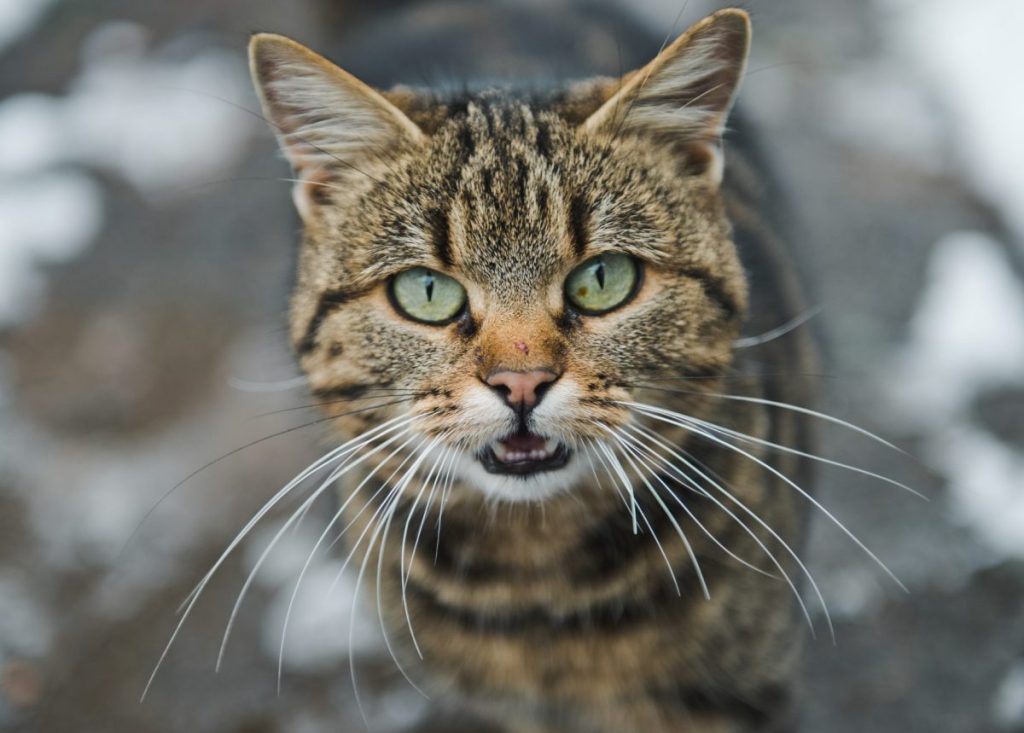Introduction
Hey there, fellow cat enthusiasts! If you’re on the prowl for a feline companion that’s equal parts wild and loving, let me introduce you to the captivating Bengal cat. In this article, we’ll embark on an adventure into the world of Bengal cats, and I’ll share my expert insights and tips on these amazing creatures.
Unveiling the Bengal’s Wild Side
A Dash of the Wild
Bengal cats are a breed like no other. They’re often described as mini-leopards due to their striking resemblance to their wild ancestors. These beauties have a coat covered in unique rosette or marbled patterns, giving them an exotic appearance that will make your heart skip a beat.
Athletic and Active
One thing’s for sure: Bengals are not your typical lap cats. These felines are known for their high energy levels and love for play. They’re natural acrobats and climbers, so be prepared for a cat that can scale new heights in your home.
The History Behind the Spots
A Hybrid Heritage
The Bengal cat’s origin story is fascinating. They are a hybrid breed created by crossing Asian leopard cats with domestic shorthairs. The result? A captivating mix of wild and domestic traits that make them stand out in the feline world.
Governing Bodies
When it comes to Bengal cats, reputable breeders follow guidelines set by official bodies like The International Cat Association (TICA). These organizations ensure that Bengal cats are bred responsibly and maintain their distinct characteristics.
Physical Characteristics
The Look of the Wild
- Coat: Bengals sport a sleek and shiny coat with those distinctive rosette or marbled patterns. The coat colors can range from golden to brown, or even silver.
- Eyes: Their eyes are almond-shaped and come in stunning shades of green or gold, adding to their wild allure.
- Body: Bengals have a muscular, medium-sized body with a sleek, elegant appearance.
- Tail: Their tails are relatively long and have a black tip, resembling that of their wild counterparts.
Caring for Your Bengal
Vets and Health
Just like any other cat breed, Bengals need regular vet checkups. These visits are essential for monitoring their health, ensuring they’re up to date on vaccinations, and addressing any breed-specific concerns.
Common Health Concerns
Bengals are generally healthy cats, but they may be prone to some issues, such as:
- Hypertrophic Cardiomyopathy (HCM): This heart condition can affect Bengals, so regular cardiac screenings are advisable.
- Hip Dysplasia: Some Bengals may be predisposed to hip joint problems, so it’s vital to keep an eye on their mobility.
Bengal Cats as Pets
Living with a Bengal
Owning a Bengal cat can be an exhilarating experience. Their playful nature means they need ample stimulation and toys to keep them engaged. Puzzle feeders and interactive play are great ways to keep their minds active.
Grooming
Bengals have a short, easy-to-maintain coat that requires minimal grooming. A weekly brush is usually enough to keep their fur in top shape.
Conclusion
In conclusion, Bengal cats are a captivating blend of wild beauty and domestic charm. If you’re considering welcoming one of these mesmerizing felines into your home, be sure to connect with a reputable breeder, and remember to follow the guidance of respected organizations like TICA. With proper care, you’ll embark on a thrilling journey with your very own mini-leopard, full of adventure and affection.
- Best Dun & Bradstreet (DNB) Alternatives for 2025 - April 19, 2025
- Best 6sense Alternatives for 2025 - April 18, 2025
- Best Instantly.ai Alternatives for 2025 - April 18, 2025



